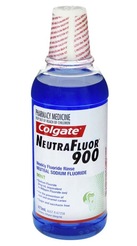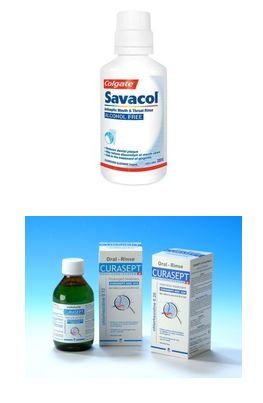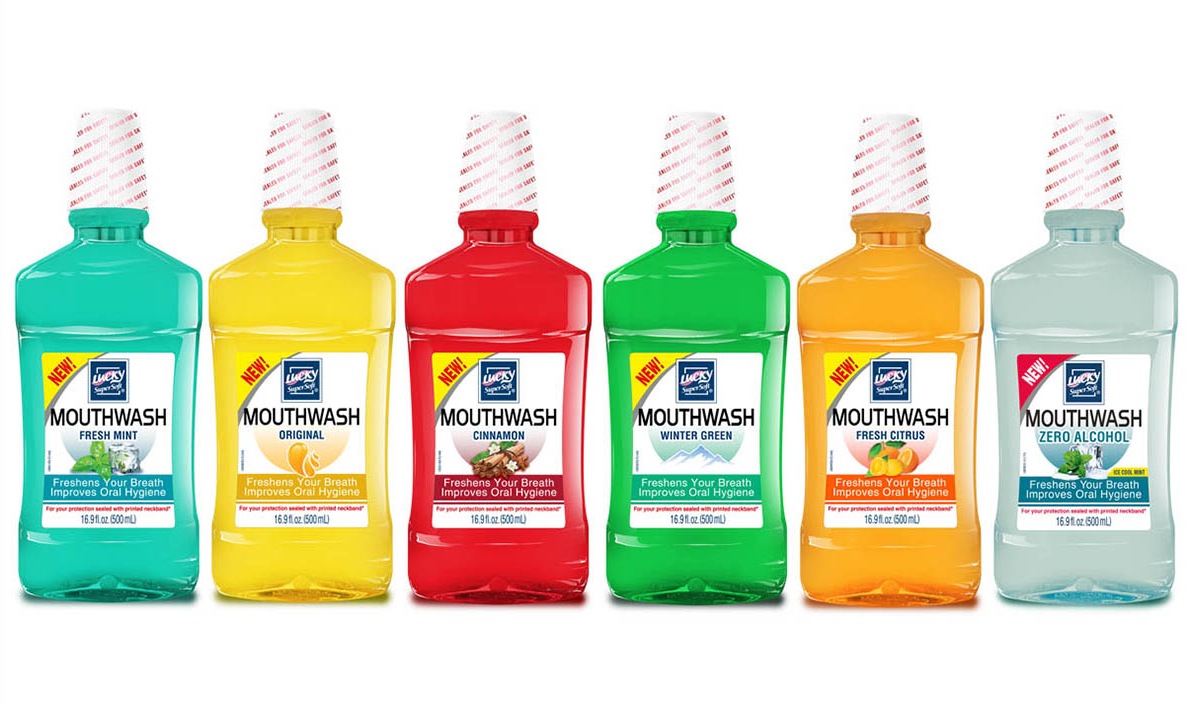This is the third instalment in the oral hygiene series and the topic is on Mouthwash. A fair few patients use mouthwash on a regular basis but do these products really help your teeth as much as what the commercials claimed? I will discuss a few different types of mouthwash and my take on these products.
Does mouthwash improve the health of your teeth and gum?
Generally, not in a significant way. The most critical part of cleaning is still the mechanical removal of plaque and bacteria by toothbrushing. The analogy I often told patients was comparing the use of mouthwash to detergent in a washing machine. If clothes were heavily soiled, spinning clothes through detergent won’t clean it properly. In the end, the manual scrubbing is still required.
In addition, there has been some emerging evidence relating to the causal effect of high alcohol containing mouthwashes (>20%) to the development of oral cancer. This type of mouthwash is commonly seen in supermarkets, often very well marketed and advertised. The oral cancer risk is increased by 5-9 times depending on other factors such as smoking and regular alcohol drinking. In my personal opinion, if the product doesn’t have a lot of benefit and can potential do more harm, I wouldn’t recommend using these on a regular basis.
Are all mouthwashes completely useless?
No, some mouthwashes can be very useful. A few different types of mouthwashes that I will discuss have benefits for specific use. Here they are
Fluoride containing mouthwash
Having fluoride around your teeth makes your teeth more resistant to acid attack and decaying process. Do we need to use fluoride mouthwash all the time? No. Fluoride containing mouthwash is only recommended for people with high risk of getting decay. Your dentist will be the best person to advise you whether this is the case for you. An example of this type of product is Colgate Neutrafluor 900. Generally I don’t recommend patient using fluoride containing mouthwash because if more fluoride exposure is required, high fluoride concentration toothpaste will be preferred (as mentioned in the blog on toothpaste). It will be one less thing you’ll have to remember to use and toothpaste is something already used as a daily routine.

Chlorhexidine mouthwash
Chlorhexidine mouthwash is a proven antibacterial mouthwash which hospitals often use for disinfection. In dentistry, this is particularly useful after tooth extractions. I advised all my patients to rinse with chlorhexidine mouthwash 3 times a day for a week after tooth extractions and found there were less complications for my patients.
Patients undergoing gum treatment also benefit from this product. After gum treatment, teeth can become sensitive in the short term. This deters patients from cleaning around the gum which is the cause of gum disease in the first place. Using chlorhexidine mouthwash in addition to toothbrushing in the first week can help patients getting through the healing period. Chlorhexidine works by preventing bacterial growth (not removing existing heavy bacterial load) which means it’s most effective after teeth were cleaned. If you have a lot of bacteria and hard plaque around your teeth, professional dental cleaning is needed first.
The side effects of chlorhexidine are taste change and discolouration around your teeth. This is why we only recommend using this product for a short term, usually for 1 week. Common brands are Colgate Savacol and Curaden Curasept.

Sodium Bicarbonate rinse
This is a very simple, cheap and effective rinse to use. You can make this rinse yourself at home by adding a teaspoon of sodium bicarbonate (from supermarkets) to a glass of water. After meals and sugar intakes, your mouth becomes acidic which causes tooth decay. Rinsing with bicarb water after meals helps to neutralise the acid in your mouth, therefore minimising the risk of decay and tooth erosion. I think this is a brilliant thing to use but unfortunately, many patients don’t like the taste of bicarb rinse.
To your healthy smile
Dr. Supa



